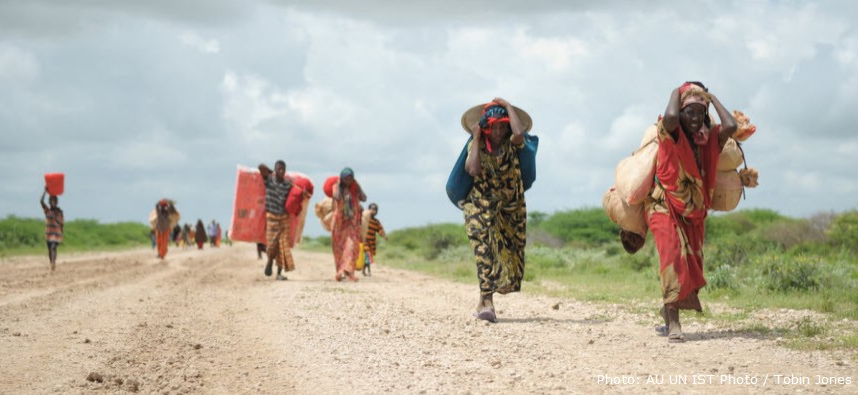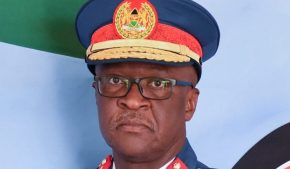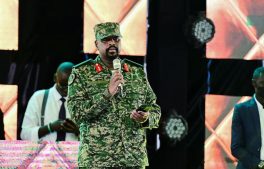During a three day meeting held in Nairobi this week, countries from the Great Lakes region have agreed to adopt a common approach to deal with statelessness in the region.
This will involve a common legal framework that will guarantee rights to nationality for all.
The meeting brought together representative from governments in the Great Lakes region, the United Nations, the African Union and stateless person Zephania Mungani.
Mungani is among an estimated 3000 Shona people living in Kenya.
“Our parents came from Zimbabwe, but there was no Zimbabwe in 1960s, they came from Rhodesia,” says Mungani.
John Amugune from Uganda says: “We are stateless because in the constitution of the Republic of Uganda, the indigenous tribes listed in the 3rd schedule, the Maragoli tribe is not there.”
Their stories are just a glimpse into the world of stateless persons. Across the globe 15 million people are stateless according to the United Nations Refugee Agency (UNHCR).
Raouf Mazou, from the UNHCR regional bureau for Africa, says: “In the Great Lakes region, the main causes for statelessness includes discrimination on the basis of gender or religion, lack of access to proof of nationality.”
In 2017, Kenya recognised close to 40 000 members of the Makonde community from Makonde and Mozambique as Kenyans.
This has offered a glimmer of hope for the Shona community.
Mungani says:”They will grant the citizenship and grant them identity cards so that they can live normal lives like other citizens.”
The meeting will come up with a common document that will lay out the steps for ending statelessness in the region.
Related video click below:






